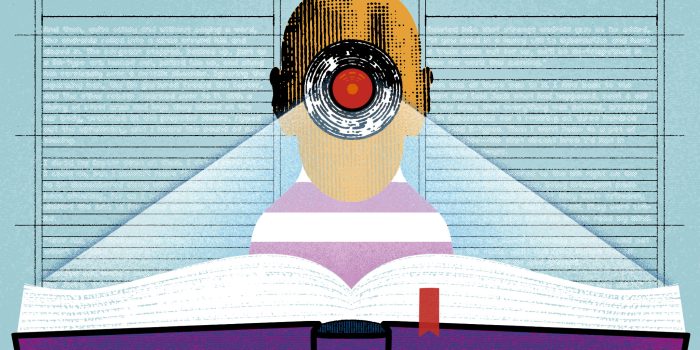AI companies are increasingly turning to a rather unexpected source to enhance the capabilities of their generative AI models: authors and poets. It’s widely acknowledged that generative AI often struggles to produce original and truly creative writing due to its reliance on data it has ingested from the internet. This has led tech giants in Silicon Valley to hire individuals with backgrounds in humanities, hoping to infuse more creative and engaging elements into their AI-generated content.
The irony of this trend lies in the fact that while AI companies are investing in creative talent, traditional publishers have been reducing their workforce of writers and editors while embracing generative AI. This shift underscores the changing landscape of the writing industry, raising concerns for aspiring writers trying to establish a career.

Major players in the AI industry, such as Scale AI and Appen, are keen to improve the creative capabilities of their AI models, especially in languages beyond English. They are actively seeking fiction writers proficient in various languages to help train and refine their models.
The competition in this emerging sector is fierce, prompting companies to gain a first-mover advantage by securing talent and expertise in different languages and genres. However, the effectiveness of incorporating human creativity into AI-generated content remains a topic of debate. Critics argue that AI models are fundamentally designed to reproduce rather than create, challenging the notion of whether injecting creative input can truly enhance their abilities.

One potential reason for this trend is the desire to assert ownership over the creative output of AI models, thereby mitigating concerns related to copyright infringement. By employing human writers, companies aim to have complete control over the content generated by their AI systems, potentially avoiding legal disputes.
In this evolving landscape where technology and creativity intersect, the role of human writers collaborating with AI remains a dynamic and uncertain frontier. Whether this fusion will yield genuinely creative and original AI-generated content or merely an improved replication of existing styles and themes is a question that only time and further advancements in AI technology can answer.


